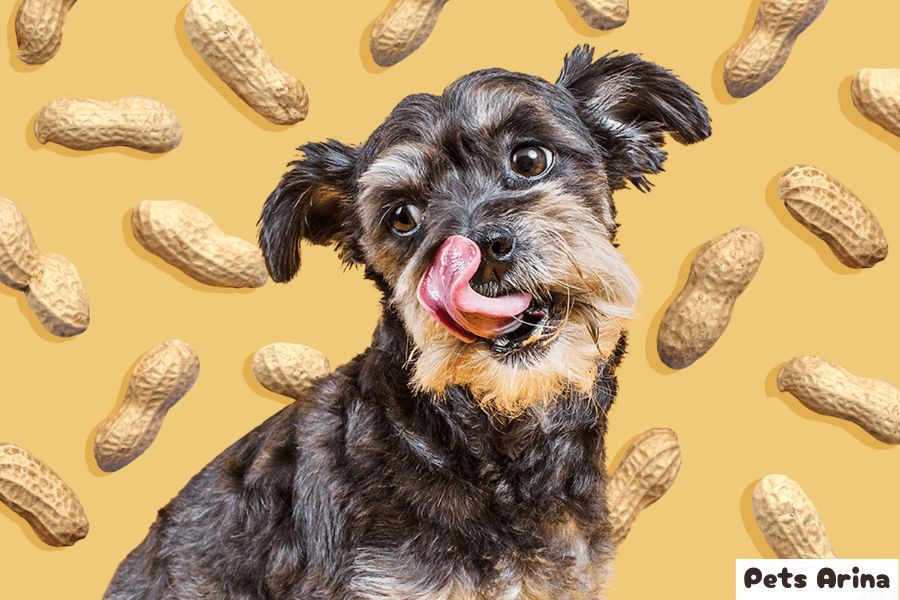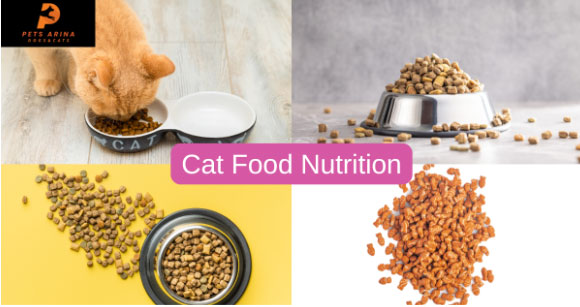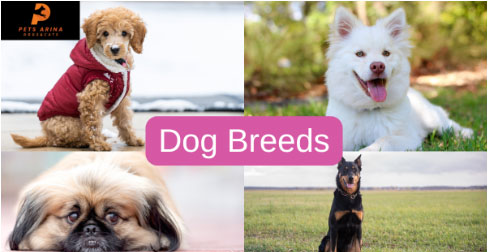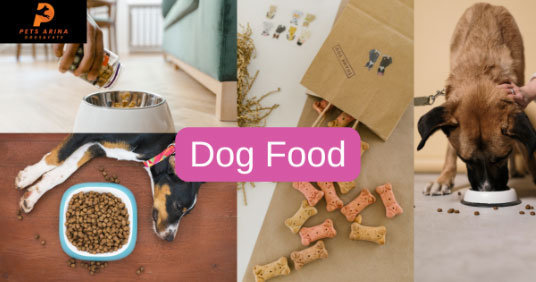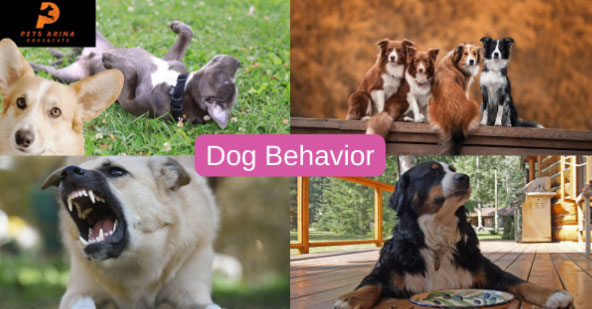According to search engine analysis, one of the most frequently searched topics online is “dogs and nuts.” Pet owners often seek clarity on which nuts are safe for their furry companions and which ones are harmful. This is crucial, as many commonly consumed nuts like almonds, walnuts, pistachios, macadamia nuts, and pecans can pose serious risks to dogs.
Safe But Beware of Possible Side Effects
The good news is that peanuts are not considered toxic to dogs. However, there are a few things to keep in mind before sharing peanuts with your pet.
Peanuts are high in fat, which can be problematic for dogs. While they are safe to include in dog cookies or other homemade treats, their high fat content makes them difficult for dogs to digest. This can lead to upset stomachs, including diarrhea and vomiting.
Excessive fat consumption can also result in a condition called pancreatitis. Pancreatitis occurs when the pancreas becomes inflamed due to high fat intake, causing severe abdominal pain. This condition can be life-threatening if left untreated. Dogs with pancreatitis may show signs such as lethargy, a hunched posture, or a reluctance to eat.
Avoid Salted Peanuts
If you plan to treat your dog with peanuts, opt for unsalted varieties. Salted peanuts contain high levels of sodium, which can be harmful to dogs, leading to dehydration and even sodium ion poisoning in severe cases.
Peanuts are best served plain and in moderation. They can be a fun treat when used in a Kong toy or as an ingredient in homemade dog cookies, but you should always prioritize low-sodium peanut butter or unsalted peanuts to protect your dog’s health.
Avoid any peanut products combined with other ingredients, such as candy bars or peanut butter cups. These can lead to accidental poisoning, especially if they contain chocolate, raisins, or harmful sweeteners like xylitol.
Check Ingredients for Xylitol
With the increasing variety of nut butters on the market, it’s essential to read ingredient labels carefully. Xylitol, a sugar substitute found in some peanut butters, is extremely toxic to dogs. Brands such as Nuts ‘n More, Krush Nutrition, and P-28 Foods have been known to include xylitol in their products.
Even a small amount of xylitol can cause hypoglycemia, a dangerous drop in blood sugar that may lead to seizures, disorientation, or even death. In some cases, xylitol poisoning can also cause liver failure.
If your dog ingests xylitol, immediate veterinary care is necessary. Signs of xylitol toxicity include panting, staggering, collapsing, or seizures.
Xylitol can also be found in toothpaste, chewing gum, candies, and even vitamins. Always store these items out of your dog’s reach and be mindful of their ingredients.
See also: Man Dog Collie
Portion Control
When it comes to peanuts, portion control is key. Peanuts should never replace a dog’s regular meals and should only be given as an occasional treat. Due to their high fat content, overfeeding peanuts can increase the risk of pancreatitis, obesity, or other health complications.
A few peanuts are more than enough to satisfy your dog’s curiosity without causing harm. Small dogs should be limited to one or two peanuts, while larger dogs may enjoy three or four. Always chop or crush peanuts for smaller dogs to prevent choking hazards.
If you have concerns about incorporating peanuts into your dog’s diet, consult your veterinarian. They can provide personalized guidance based on your pet’s health and nutritional needs.
FAQs About Dogs and Peanuts
Are peanuts safe for dogs to eat?
Yes, peanuts are safe for dogs when served plain, unsalted, and in moderation. Avoid peanuts with added salt, sugar, or other harmful ingredients.
Can dogs eat salted peanuts?
No, salted peanuts are not recommended for dogs. The high sodium content can lead to dehydration and other health issues.
Is peanut butter safe for dogs?
Peanut butter is safe for dogs if it does not contain xylitol or excessive sugar. Always check the label and use it sparingly.
How many peanuts can I give my dog?
Small dogs can have one or two peanuts, while larger dogs may enjoy three or four as an occasional treat. Avoid overfeeding to prevent health risks.
What should I do if my dog eats peanuts with xylitol?
If your dog ingests peanuts containing xylitol, contact your veterinarian immediately. Signs of xylitol toxicity include lethargy, vomiting, and seizures.
Can puppies eat peanuts?
Yes, puppies can eat peanuts, but only in small quantities. Always consult your veterinarian before introducing new foods to a puppy’s diet.
What are the symptoms of pancreatitis in dogs?
Symptoms include vomiting, diarrhea, loss of appetite, abdominal pain, lethargy, and a hunched posture. Seek veterinary care if you suspect pancreatitis.
Conclusion
Peanuts can be a safe and enjoyable treat for dogs when prepared correctly and served in moderation. Always choose unsalted, plain peanuts or peanut butter free from harmful additives like xylitol. Monitor portion sizes carefully and watch for signs of allergic reactions or digestive upset.
By following these guidelines, you can ensure that your furry friend enjoys peanuts safely as a special treat.

